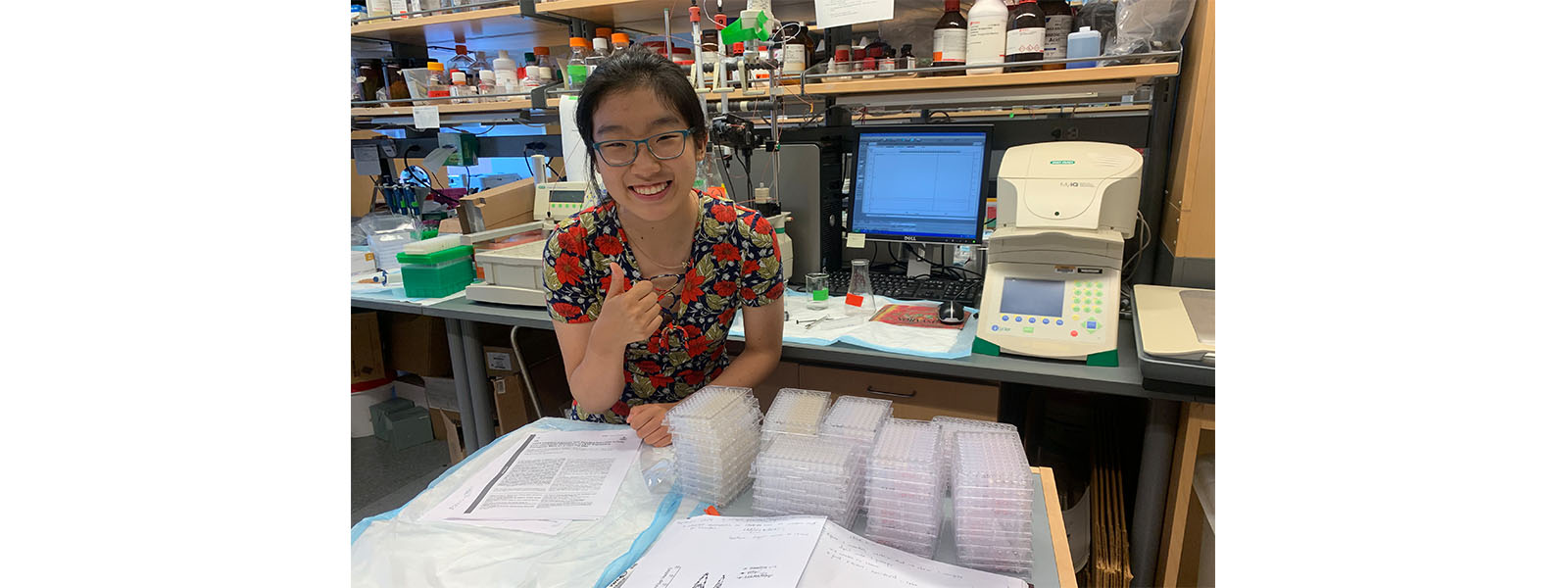Objective:
Our lab aims to understand how obesity and diabetes contribute to cardiovascular risk, with a focus on how control points in lipid metabolism are altered.
Overview of research topics:
While death from coronary heart disease (CHD) has declined in the general US population, for patients with obesity and diabetes, risk of death from CHD has doubled in recent decades.
Our lab aims to understand how obesity and diabetes contribute to cardiovascular risk, with a focus on how control points in lipid metabolism are altered. We study sex-difference in cardiovascular risk, which may related to the ability of estrogen to coordinate glucose and triglyceride metabolism. We also study the molecular mechanisms by which metabolism of glucose and triglyceride metabolism are coordinated, the body’s two main energy sources. The corollary is that relatively subtle failure this coordinate regulation could lead to abnormalities in both glucose and lipid metabolism –such as seen with obesity.
For humans, elevated serum triglycerides lead to elevated triglycerides in other lipoproteins. Triglyceride-enrichment of HDL promotes more rapid HDL clearance, and may impair HDL’s protective cardiovascular effects. Rodents do not mimic this biology well. Thus one research focus is to develop rodent models that are more similar to humans with regard to lipid metabolism. Mice transgenic for cholesteryl ester transfer protein have increased transfer of triglyceride into HDL. We have found that cholesteryl ester transfer protein expressing mice model certain HDL changes with obesity. Rodent models with biology more similar to humans may serve as a bridge between basic research and human disease, and help define how obesity and diabetes impact cardiovascular risk.


